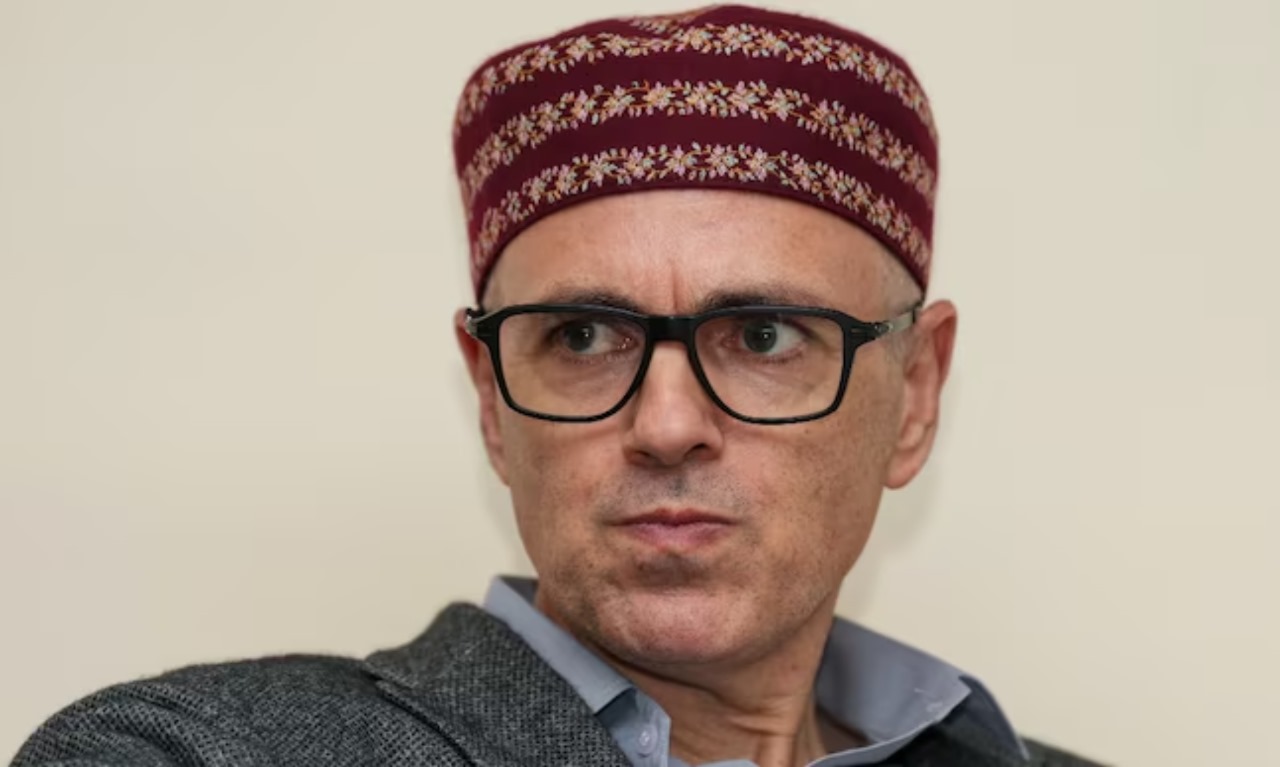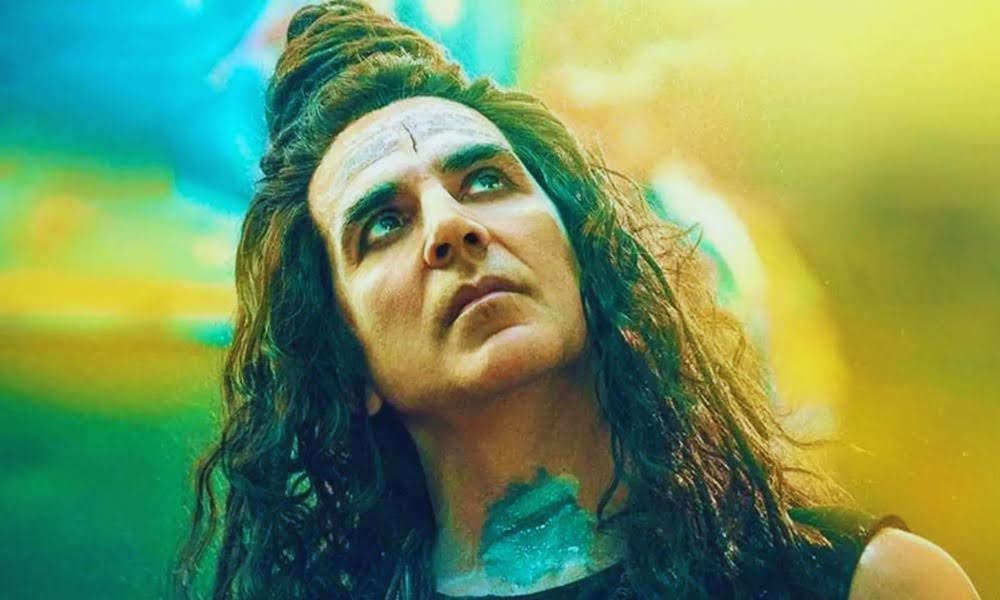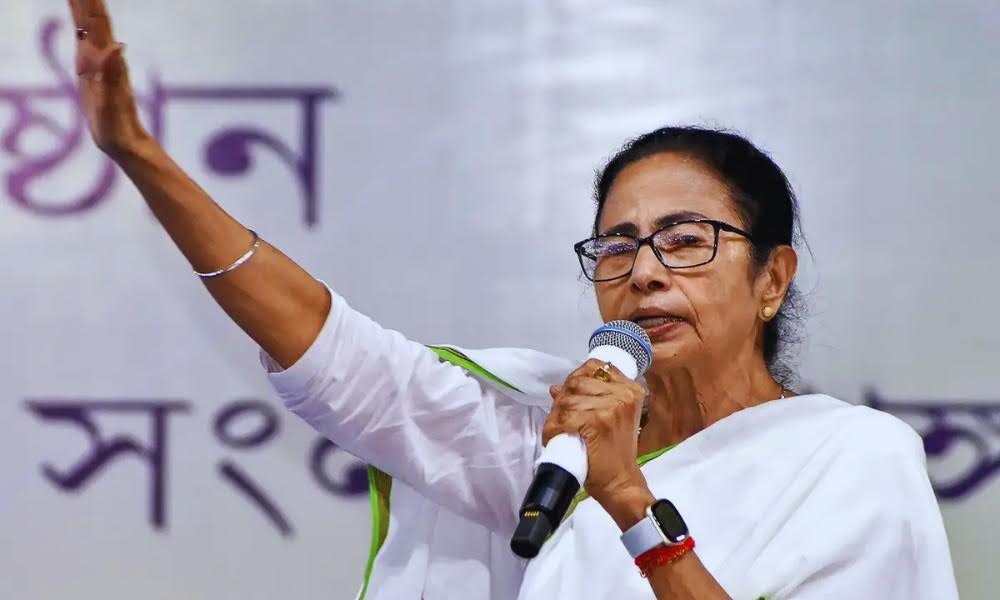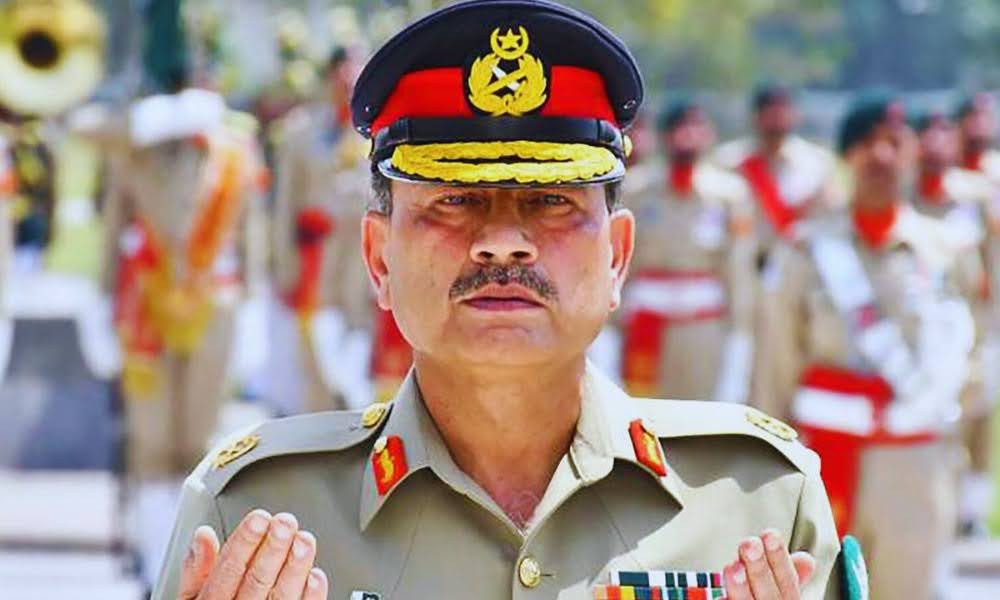Omar Abdullah Highlights Early Progress and Challenges in Jammu and Kashmir as Union Territory

Jammu and Kashmir Chief Minister Omar Abdullah addressed a press conference in Srinagar, marking two months since assuming office.
Reflecting on the transition to functioning as a Union Territory, he noted the stark differences between the region’s previous status and the current governance structure.
“It took some time to understand how this new system works in Jammu and Kashmir as a Union Territory,” said Abdullah. Despite initial apprehensions, he described the government’s start as promising.
The CM expressed hope that the region’s Union Territory status would only be temporary, stressing the importance of fulfilling promises made to the electorate.
He stated, “One of the major promises made to the people by the central government is the restoration of statehood. We hope this does not take much longer.”
Restoration of Statehood: A Top Priority
Abdullah underscored the significance of statehood restoration, terming it his government’s “biggest challenge.”
He pointed out the economic limitations of operating as a Union Territory, which relies heavily on the central government due to a deficit budget.
Abdullah also highlighted Prime Minister Narendra Modi’s commitment to restoring statehood, stating, “The PM and the Home Minister have assured us that the mandate of the people of J&K will be respected.”
The CM revealed that he had presented a resolution for statehood restoration to the Prime Minister during a visit to Delhi.
While avoiding immediate legal recourse, he emphasized the urgency, citing the Supreme Court’s 2023 verdict, which called for statehood restoration “as soon as possible.”
Dual Power Centers and Administrative Challenges
Reflecting on the complexities of governing as a Union Territory, Abdullah pointed to the dual power centers—the elected government and the Lieutenant Governor’s administration—as a significant hindrance.
“Understanding where our authority begins and ends is a learning period for us,” he said, adding that delayed Rules of Business outlining the demarcation of powers needed immediate attention.
While differences with Lieutenant Governor Manoj Sinha have arisen, Abdullah dismissed the notion of a major rift, calling such claims exaggerated.
Tackling Job and Land Concerns
Addressing fears of losing local rights to jobs and land after the abrogation of Article 370, Abdullah stressed prioritizing the preservation of these rights over discussions on reservations.
“Today, the fear is that our jobs and land aren’t just for us. We need to secure these first and then debate reservations,” he said.
A Cabinet sub-committee is reviewing the issue, and findings are expected within six months. Simultaneously, the High Court of J&K and Ladakh is examining related petitions.
The Unresolved Kashmir Issue
Taking a swipe at the Bharatiya Janata Party (BJP), Abdullah questioned its claim that the abrogation of Article 370 resolved the Kashmir issue.
He argued that any resolution must account for the region on the other side of the Line of Control (LoC).
“For a minute, if we assume that the issue of Jammu and Kashmir on this side has been resolved, what about the part across the LoC? The Kashmir issue still exists, whether on this side or the other,” he said.
The CM reiterated the National Conference’s stance on resolving the Kashmir issue through dialogue, emphasizing Kashmir’s integral place in India while carefully navigating the “external dimension” of the problem.
Power Supply Amidst Harsh Winters
Winter challenges, including power cuts, featured prominently in Abdullah’s address. The Valley’s demand for electricity far exceeds its supply, even during summer months.
Despite providing more electricity this year, the government has implemented necessary power cuts.
The CM assured that the National Conference’s poll promise of 200 free electricity units would be implemented once smart meters are installed.
“By March or April, we will roll out this scheme, but obviously, those with meters will benefit,” he stated.
Challenges with the Congress Alliance
Abdullah also touched on the National Conference’s alliance with the Congress.
While the Congress has extended outside support to the NC government, Abdullah noted that the party’s reduced strength in the Assembly limits its influence. However, he expressed optimism about maintaining a cooperative relationship.








